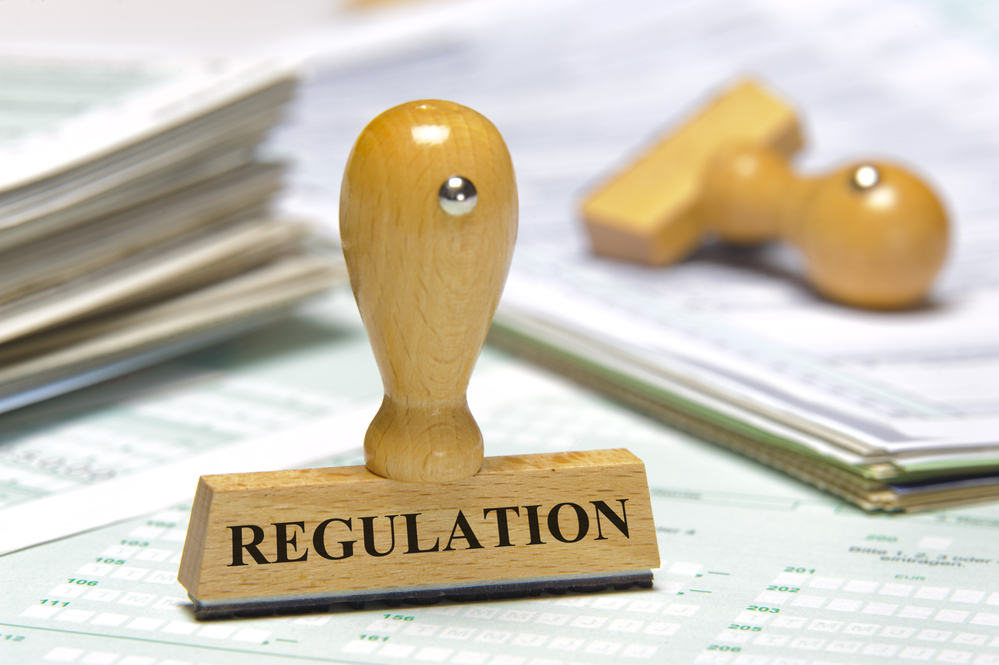15. July 2025
Admin
Government Regulations Affecting Private Schools in Nigeria

Private schools in Nigeria operate under specific legal, academic, and operational frameworks governed by various federal and state education authorities. Understanding these regulations is essential for school owners, administrators, and parents alike.
Quick Insight: From registration to curriculum compliance, government regulations shape how private schools function — ignoring them can lead to fines, closure, or loss of accreditation.
1. Registration and Licensing
Every private school must be registered with the:
- State Ministry of Education where it operates
- Corporate Affairs Commission (CAC) for legal business identity
Failure to register can result in being declared illegal and subject to sanctions.
2. Approval to Operate
After registration, schools must undergo inspection and receive operational approval. This includes:
- Facility inspection (classrooms, labs, sanitation)
- Staff qualification checks
- Curriculum audit
Provisional approval may be granted for newer schools with a timeline for full compliance.
3. Curriculum Standards
Schools must follow the
National Policy on Education set by the Federal Ministry of Education. This includes:
- Teaching core subjects (English, Math, Basic Science, Civic Education)
- Implementing the approved 9-3-4 education system (Basic, Secondary, Tertiary)
- Following guidelines from NERDC and UBEC
Foreign curriculum schools must blend Nigerian content to meet national requirements.
4. Staff Qualifications and Approval
Teachers are required to have:
- A minimum of NCE or B.Ed.
- TRCN registration and license
- Regular participation in professional development
Schools may be penalized for employing unqualified teachers.
5. Safety and Infrastructure Standards
Regulatory bodies enforce standards for:
- Ventilation and lighting in classrooms
- Availability of clean water and functional toilets
- Secure premises (fencing, security personnel)
Non-compliant schools may face shutdown orders.
6. Financial Transparency and Taxation
Although private schools are not tax-exempt, they must:
- Register with FIRS or relevant state revenue services
- Pay applicable taxes (e.g., PAYE, corporate tax, VAT)
- Maintain transparent financial records for audit purposes
7. Participation in National Exams
Schools must be accredited by WAEC and NECO to present candidates for:
- WASSCE
- BECE (Junior WAEC)
- NECO Exams
Accreditation includes meeting lab and library requirements.
8. Annual Monitoring and Compliance Inspections
Education authorities conduct regular inspections to ensure continued compliance. Areas of focus include:
- Lesson plans and scheme of work
- Student-teacher ratios
- Sanitary conditions and records
Defaulters may receive warnings, fines, or suspension.
9. Mandatory School Reporting
Most ministries now require termly or annual submission of:
- Student enrollment statistics
- Staff employment data
- Performance records
This helps in planning and funding decisions at the state and national level.
Final Thoughts
Running a private school in Nigeria requires strict adherence to government policies. Staying informed and compliant not only prevents penalties but also enhances the school’s reputation and quality of education delivered.
Important: Regulations vary by state. Always check with your local State Ministry of Education for the latest compliance checklist.
